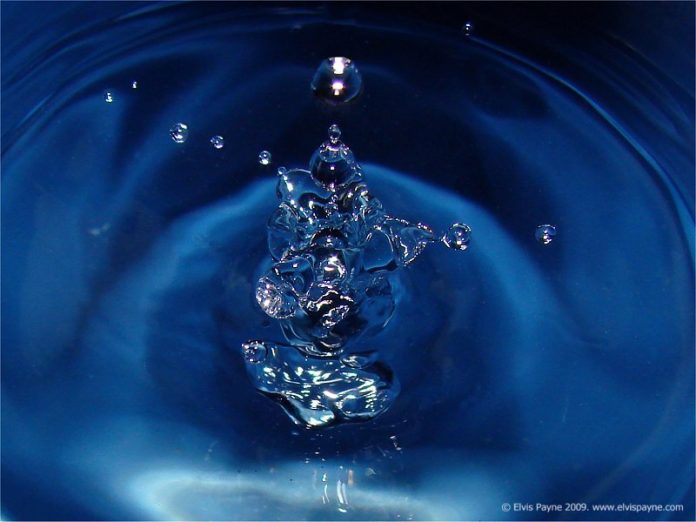The European Parliament’s Environment Committee has agreed that European Union member states should promote universal access to clean water for all. The MEPs backed new legislation aimed to tighten the maximum limits for certain pollutants such as lead (to be reduced by half), PFAS, harmful bacteria, and introduces new caps for endocrine disruptors Bisphenol A and Beta-estradiol (50-25-2).
Member states should also take measures to improve water access, such as setting up free fountains in cities and public places, where technically feasible and proportionate. They should also encourage tap water to be provided in restaurants, canteens and catering services for free or for a low service fee.
Following-up on their resolution on the citizens’ initiative Right2Water, MEPs stressed again that member states should focus on the needs of vulnerable groups in society. They should identify people without access, or with limited access to water, including vulnerable and marginalised groups, and assess ways to improve their access, informing them clearly about how to connect to the distribution network or about alternative means to have access to such water.
“I am pleased that the Environment Committee has adopted a clear position proposing a pragmatic and realistic response to the demands of European citizens, in particular the Right2Water initiative,” said Michel Dantin (EPP, FR), rapporteur. “It would improve access to water, improve the quality and performance of water distribution networks in Europe, and manage the risks of contaminants in upstream water, while limiting the impact on water prices.”
The report will be tabled for a vote in the plenary session of the European Parliament in Strasbourg next month.

